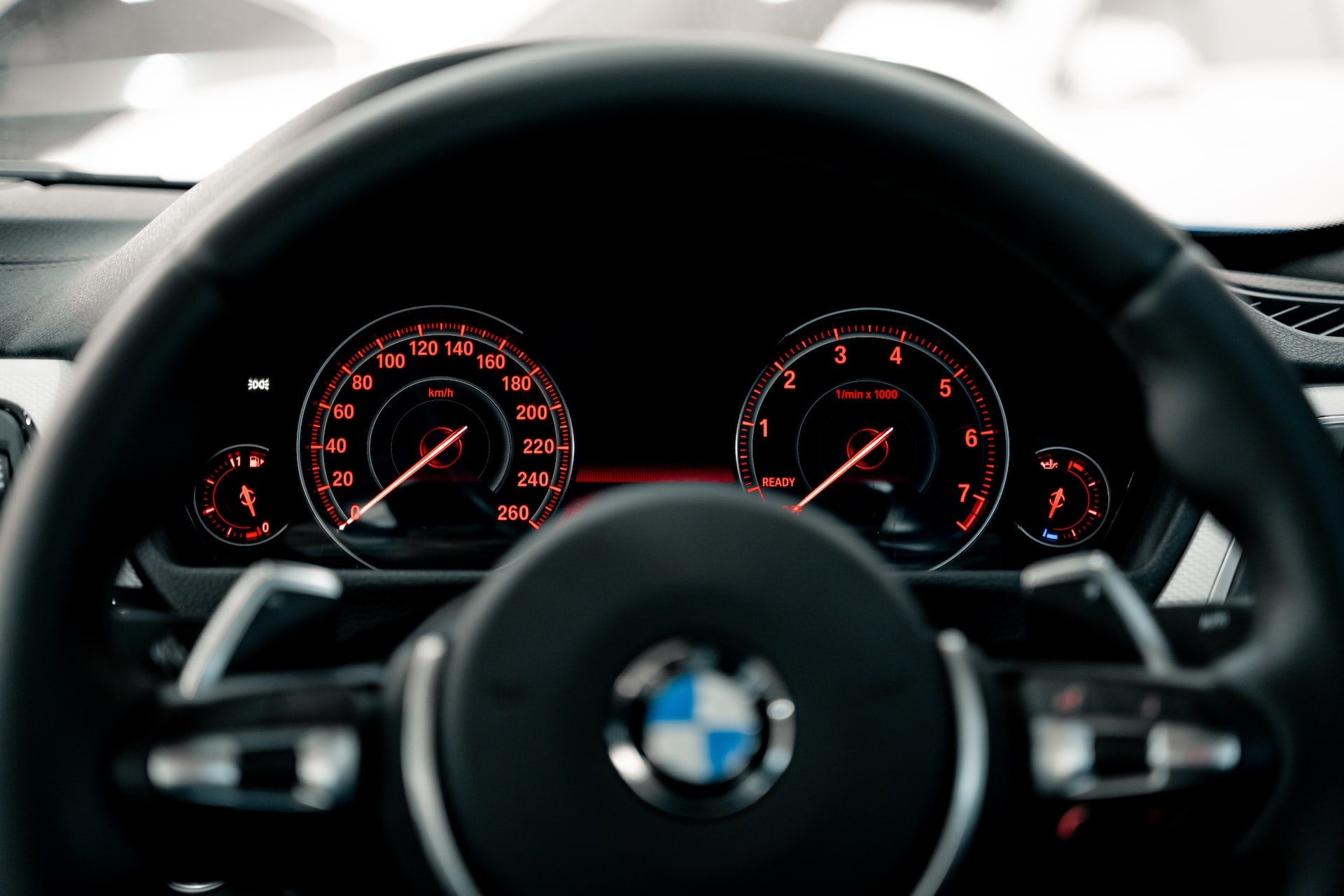
Inflation is a rise in the general price level over a period of time. This means prices moving from one level to a new (higher) level between points in time. If inflation stops, the prices will stop rising and the new (higher) price level will remain until either inflation or deflation occur. Deflation is simply the opposite of inflation – it is a reduction in the general price level over a period of time.
Inflation is similar to acceleration in a car. The acceleration takes place, moving the car from one speed to another (higher) speed. Once the acceleration stops, the speed stops rising. The speed of the car will remain at the new (higher) level until either acceleration or deceleration occur.
This simple analogy is helpful to keep in mind when thinking about inflation. Far too often we make the mistake of thinking inflation is higher prices and if only the inflation would stop then we will see prices fall back to where they were before. No, wrong – it would require subsequent deflation to occur before the prices would fall back to a lower level.